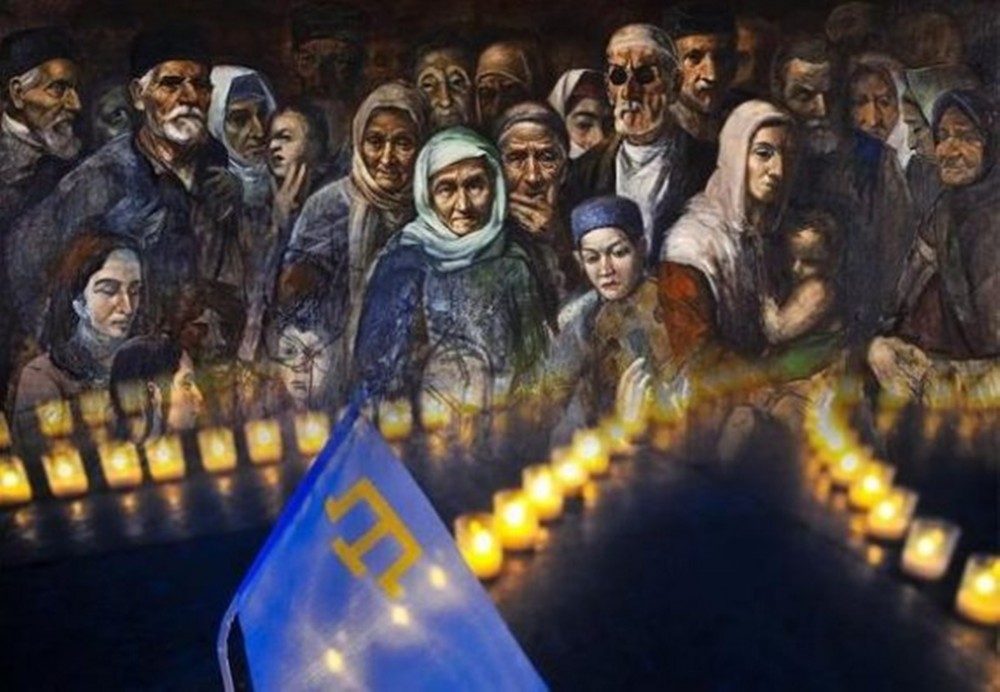
As a result of the deportation, the Crimean Tatars became an “unnation” for the regime and unwanted neighbors for local population, particularly the Uzbeks. The deportation ruined the traditional way of life, social structure and cultural institutes of Crimean Tatars. Among the factors that played an outstanding role in the process of preserving the nation identity, religion, traditions, and holidays have constituted the core elements. At the same time, merging of completely different traditions occurred. Narratives recounted within families played a crucial role in both the maintenance of Crimean Tatar memory about their lost Homeland and creation of the image of the promised land. The family was considered as the last stronghold against Russification. Although the Uzbek language is similar to the Crimean Tatar language and was considered as an option of preserving native language, the level of education in Uzbek schools was much weaker than in Russian ones. After 1956, Crimean Tatars began leaving distant places of exile. They were valued as specialists due to their education, knowledge of the Russian language, and experience in working on leading positions in Crimea before the deportation. Due to these changes in the life of Crimean Tatars, they became the ordinary Soviet citizens, if only they had not been stigmatized as traitors and had the right to return home. An accusation of betrayal, the core component of the life of Crimean Tatars in exile, used to take place in the first years of exile and even later. Nevertheless, Crimean Tatars did not assimilate with Uzbeks due to the differences in faith, socio-economic background, education and culture. Crimean Tatars greatly increased their education level and forced the knowledge of Russian language. By the end of the 1980s, Crimean Tatars along with Russians occupied the majority of knowledge-intensive sectors of industry. However, despite the rapid change in their social status, Crimean Tatars remained second-class citizens, being still labeled as traitors. Due to Soviet propaganda that provoked aggressive othering and dehumanization of Crimean Tatars in exile, as well as socio-economic, cultural difference, and colonial status of Uzbekistan, Crimean Tatars were treated as Others by Uzbeks.
Source: Kisly M.A. (2019) Crimean Tatars in exile: community belonging and being the Others. NaUKMA Research Papers. History. Vol.2: 41-55
Source web-site: http://nrph.ukma.edu.ua/article/view/185811
Number of views: 1992